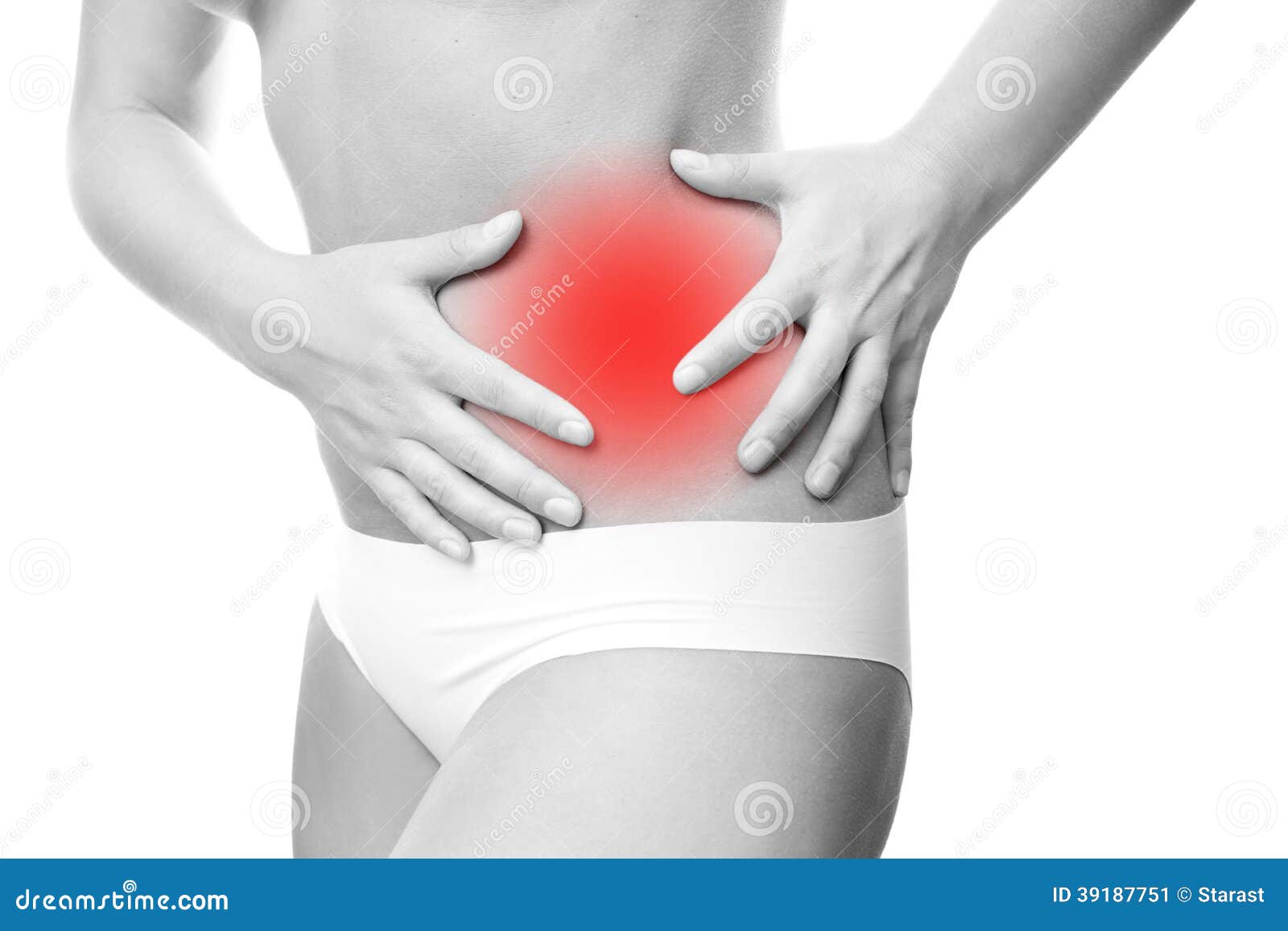How Soon Can I Smoke After Tooth Extraction? Safe Timeline

The recovery process after a tooth extraction can be a delicate time, and it’s crucial to follow your dentist’s or oral surgeon’s instructions to ensure proper healing and minimize the risk of complications. One common question that arises during this period is about smoking, as it can significantly impact the healing process. Understanding the risks and knowing when it’s safe to resume smoking can help you navigate this challenging time.
Risks of Smoking After Tooth Extraction
Smoking after a tooth extraction poses several risks to your oral health and the success of the procedure. The primary concerns include:
Delayed Healing: Smoking can impair the healing process by reducing blood flow to the gums and bone, which are critical for the formation of a blood clot and the subsequent healing of the extraction site.
Dry Socket: This is one of the most significant risks. Smoking can dislodge the blood clot from the socket, leading to a painful condition known as dry socket (alveolar osteitis). The clot protects the bone and nerve endings, and its displacement can lead to severe pain and delayed healing.
Infection: Smoking can increase the risk of infection at the extraction site. Cigarette smoke contains chemicals that can weaken the immune system, making it harder for the body to fight off infections.
Implant Failure: For those planning to get dental implants after extraction, smoking can increase the risk of implant failure. Smoking affects the integration of the implant with the bone, which is crucial for the success of the implant.
Timeline for Smoking After Tooth Extraction
Given the risks, it’s generally recommended to avoid smoking for as long as possible after a tooth extraction. However, the specific timeline can vary depending on individual circumstances, the complexity of the extraction, and the overall health of the patient. Here’s a general guideline:
Immediate Post-Extraction (First 24 Hours): It’s crucial to avoid smoking during this period. The initial 24 hours are critical for the formation of a blood clot, and smoking can dislodge it or prevent it from forming properly.
First Week: Smoking should be avoided for at least the first week after extraction. This allows the initial healing process to progress without interference from smoking.
Beyond the First Week: While it’s ideal to avoid smoking altogether, if you must resume, it’s recommended to wait until your dentist or oral surgeon advises that the extraction site is stable and the risk of dry socket or other complications has significantly decreased. This could be anywhere from 7 to 14 days post-procedure, depending on your healing progress.
Alternatives and Considerations
For those who smoke, quitting or significantly reducing smoking during the recovery period can greatly benefit the healing process. Nicotine replacement therapy or counseling can be useful tools to help manage cravings. Additionally, consider the following:
Nicotine Alternatives: If you’re finding it difficult to abstain from nicotine, consider nicotine-free alternatives or speak with your healthcare provider about nicotine replacement products that might be safer during the healing period.
Follow-Up Appointments: Attend all scheduled follow-up appointments with your dentist or oral surgeon. These visits are crucial for monitoring the healing progress and addressing any concerns or complications early.
Oral Health: Practice good oral hygiene, including gentle brushing and rinsing as advised by your dental care provider, to support the healing process.
In conclusion, while there’s no one-size-fits-all timeline for when to resume smoking after a tooth extraction, it’s clear that avoiding smoking for an extended period can significantly reduce the risk of complications and support a healthier recovery. Always prioritize the advice of your dental care provider, as they can offer personalized guidance based on your specific situation and healing progress.

